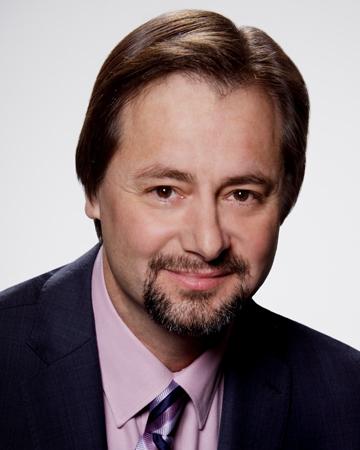President and CEO Mark George Featured in Chicago Tribune

August 1st, 2011
Original publishing of this article from the Chicago Tribune on August 15, 2011.
The drive to elevate the academic success of K-12 students has yielded decidedly mixed results. Not even rigorous academic curricula and well-trained teachers are enough to satisfy the developmental needs, varying learning styles and aesthetic hunger of all students.
It takes a courageous administrator to fund music education in schools when there is so much pressure to improve math and science test scores, and so little emphasis on the arts. Cash-strapped school districts are dropping serious music instruction, as though it is merely expensive play time and not essential to the development of successful, high-achieving students. The remaining general music programs are often executed with poor resources and even lower expectations.
The diminishing of music education in our schools and in the larger culture is a huge mistake. Children are not empty vessels that can be filled with facts and then declared competent. They are little human beings who respond and grow at a rate largely determined by their environment. The arts provide a depth of understanding and even the basis for understanding for some children on their long road to achievement. And perhaps most important, the arts provide a way for children to envision the possibilities of a world outside of their immediate circumstances.
There is a terrific model for music instruction that does address the developmental and aesthetic needs of children, especially for educators who define success as something greater than mere test scores: Suzuki education.
The Suzuki method was founded in 1945, shortly after the end of World War II, by Japanese violinist Shinichi Suzuki, whose great epiphany occurred one day as he was playing string quartets with his brothers. "All Japanese children can speak Japanese," he said, to the bemusement of his siblings. His point: Society does not choose who will learn a language based on talent. For Suzuki, "talent" was not an inborn trait selectively distributed, but something latent in every child, nurtured and called forth with daily education and practice.
Suzuki developed a system of graduated repertoire based on folk songs and Western classical music. In itself this was not unique. What was special was the manner in which the repertoire was taught. Suzuki conjured a remarkably nurturing musical environment for his young students. Music was to be heard in the home, just like language.
The smallest musical achievements, even things as fundamental as knowing how to position one's feet or hold a violin bow, were celebrated, just as a child's first words are celebrated. And just as hearing and speaking precede reading and writing, musical gestures, he believed, ought to be learned aurally at first.
The most important aspect of Suzuki education — counterintuitive to some — is that the goal of gaining musical proficiency is secondary. Suzuki wanted each student to develop a beautiful heart and a noble spirit so that the world would be a more refined and better place. The fact that former Suzuki students populate the world's finest orchestras and music schools is almost incidental. It is more significant that hundreds of thousands of children, nurtured through Suzuki education, have entered the adult world with strong character and a love of beauty.
This is a profound contrast to the way music was taught to children in the years before Suzuki education was introduced in the United States. In the 1950s and 1960s, individual music instruction was reserved for those who were identified as having musical "talent." Thus, a relatively small number of students ended up playing music at a high level of proficiency. The rest were pooled into general music programs in local schools where expectations were tempered by the belief that only the so-called gifted or talented could excel.
While awareness is increasing about the importance of music education for all students, it has not been enough to overcome the current political and economic challenges. Public and private schools that can afford it generally choose to provide robust music education programming for their students. When music is not available in local schools, families with means tend to find ways to involve their children in the arts through community arts schools or private instruction. That leaves poor families with little access to quality music education and creates a kind of creative divide. The inequity in American education is particularly pronounced when it come to the arts.
Ultimately though, school administrators and political leaders are responsive to the community. People who understand the power and importance of serious music education must raise their voices in a great crescendo of advocacy and emotion. It comes down to something very simple: Children deserve the opportunity to reach their full human potential.
The Suzuki Association of the Americas, which celebrates its 40th anniversary next year, is poised and equipped to make a huge difference in the lives of families from all backgrounds. The association connects excellent Suzuki teachers to a worldwide community of learners, exchanging ideas, sharing best practices and lending support. Several fine Suzuki programs exist in the Chicago area, including an exceptional one at my institution, the Music Institute of Chicago.
Children and parents in the Music Institute of Chicago Suzuki program participate in a dynamic and nurturing musical community. Children and parents transform themselves as they transform their learning environment. Their lives are bathed in music, and learning becomes supercharged. Suzuki education is proof that with dedication, persistence and love, anything is possible.
Just as every child acquires his native language, every child can play music beautifully and proceed in the world with confidence and character. Every child can. This is a mantra worth repeating.
Mark George has been president and CEO of the Music Institute of Chicago for two years.
